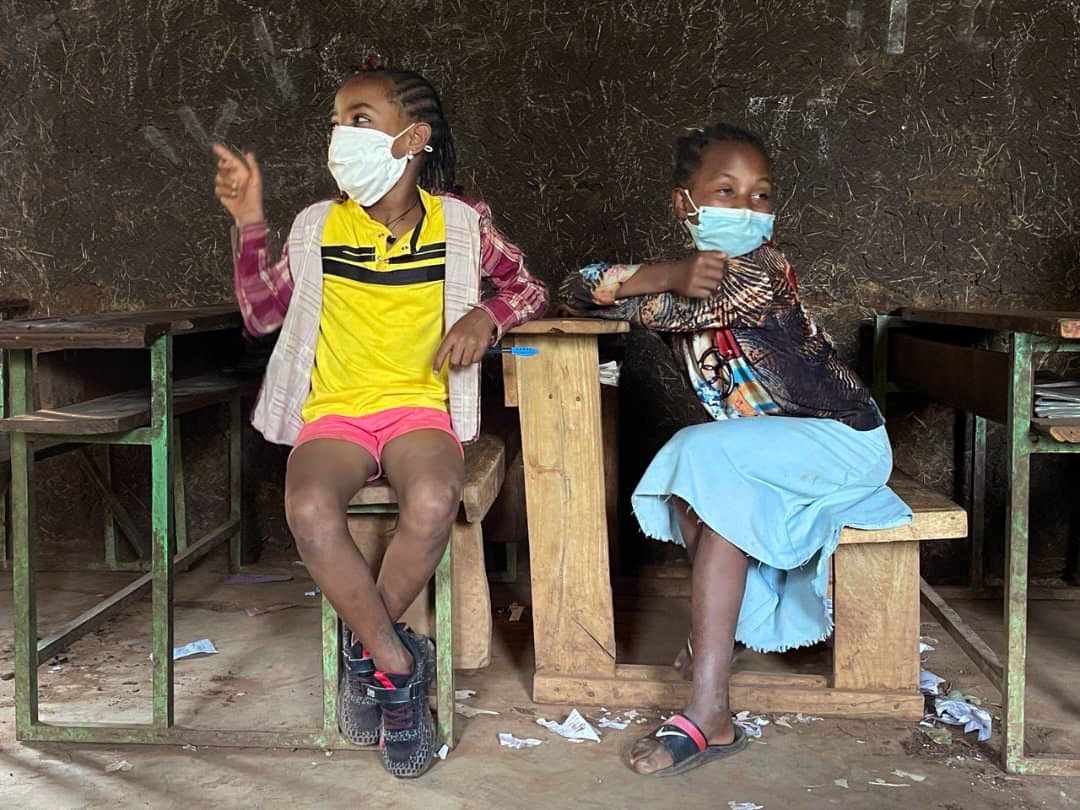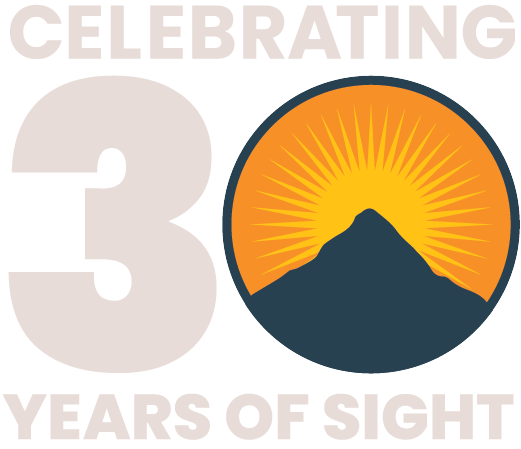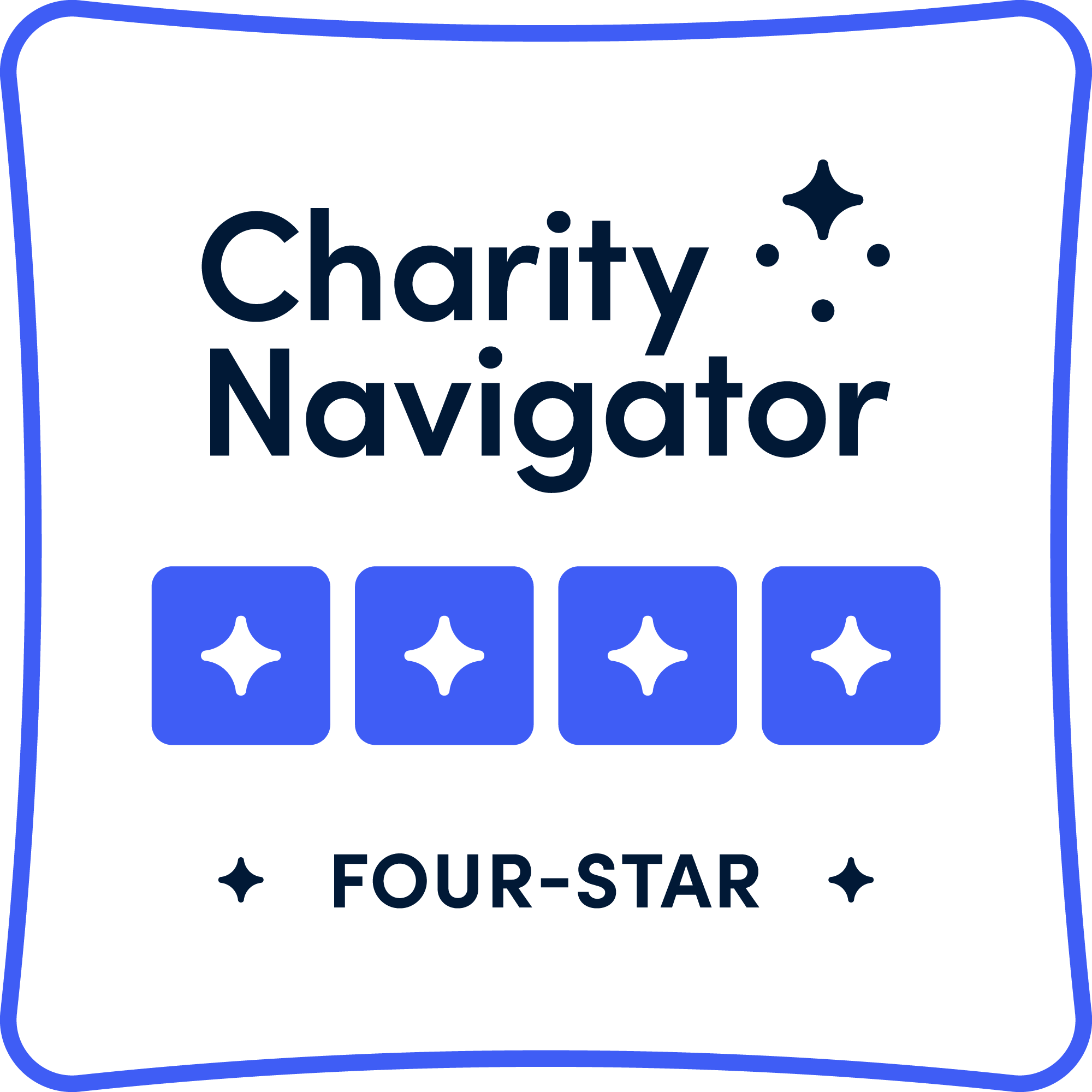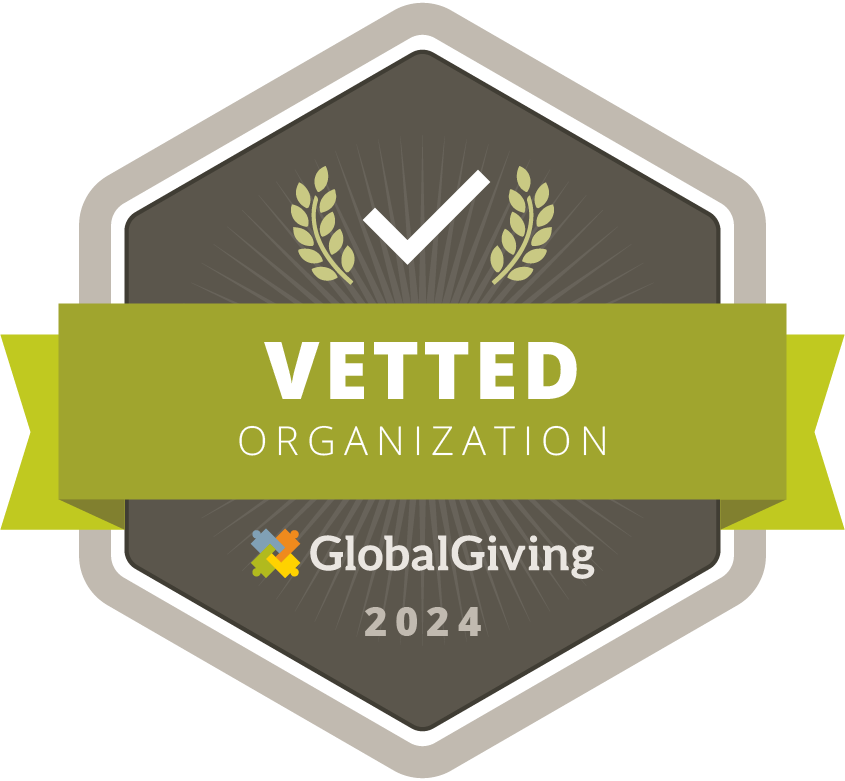School Screening Program In Ethiopia Delivers Fresh Sight to Nearly 200 Teachers and Students
For children who suffer from poor vision, learning effectively in school is a challenge. For those with cataract blindness, it can mean the end of their education entirely. Early screening and detection of students’ vision problems is critical for ensuring vision impairment does not impact their access to education.

HCP worked with WEEMA International to train teachers and health extension workers to identify refractive errors - vision errors that can be corrected with glasses - and other eye health issues in school-aged children in the Southern Nations, Nationalities, and People's Region in Ethiopia. This program built local capacity to identify students’ vision problems early and reinforced referral pathways to local clinics and hospitals for further care. Similar HCP programs have run successfully in tBhutan since 2000 and in the Hadiya Zone in Ethiopia since 2020.

Yisak Bekele, a 16-year-old boy who had dropped out of school due to vision impairment, was one of the first children identified by his teachers for further assessment during a four-day outreach.
When Yisak was five years old, he lost most of his vision due to an illness. Yisak’s parents could not afford to send him far away for treatment and were unable to find care nearby.
Yisak’s parents worried about sending him to school, concerned he may get hurt or be teased by the other children. Yisak finally convinced his parents to send him to school but faced both bullying and difficulty learning. With the support of his parents, Yisak was able to complete 7th grade. After this, Yisak dropped out of school because he couldn’t attend without someone accompanying him. A new pair of glasses transformed Yisak’s path.
"This was a long-time problem that challenged me throughout my life. My new glasses completely changed everything. I feel as if I started a new life and hope."
HCP optometrist Tigist Tulu trained health care workers and teachers to screen for refractive errors for prescription glasses. The screening team included health extension workers, WEEMA staff, and three additional optometrists. For this event, the first two days were for training, followed by three days of screenings, and a final day of glasses distribution. 2,346 children and teachers were screened across four different schools. A total of 136 refractive error cases were identified and addressed: 73 teachers and 63 students received glasses. Five students were referred for further care and treatment at Eyu Clinic and Welaita Hospital.

Children with poor vision can go undiagnosed and struggle at school, and like Yisak, are sometimes forced to leave school altogether. Identifying eye issues in school-aged children can help to lessen the burden of vision loss in young people and identify more serious vision issues. Programs like the collaboration with WEEMA International are successful because local teachers and health workers are committed to the health and education of the children in their communities.




